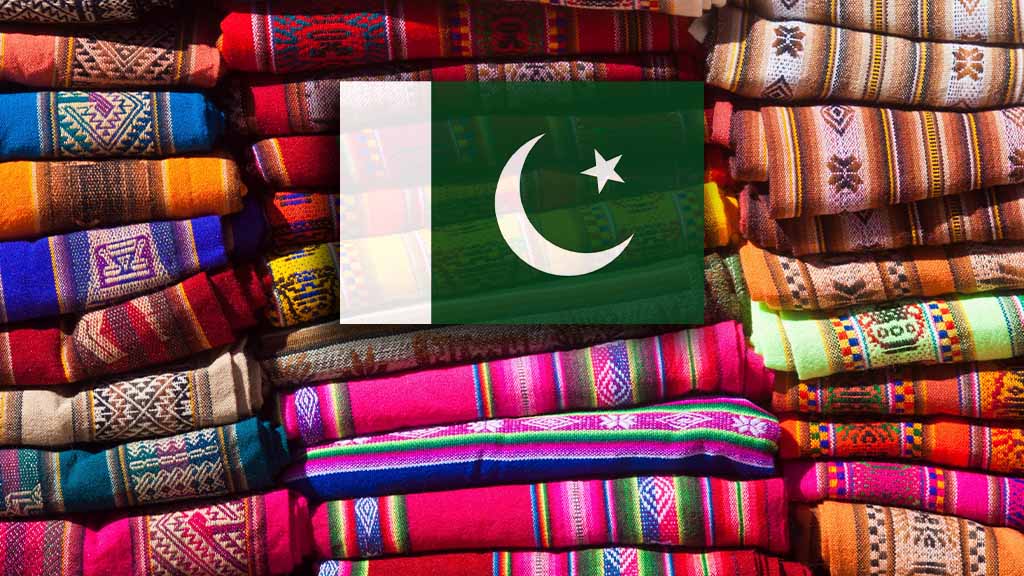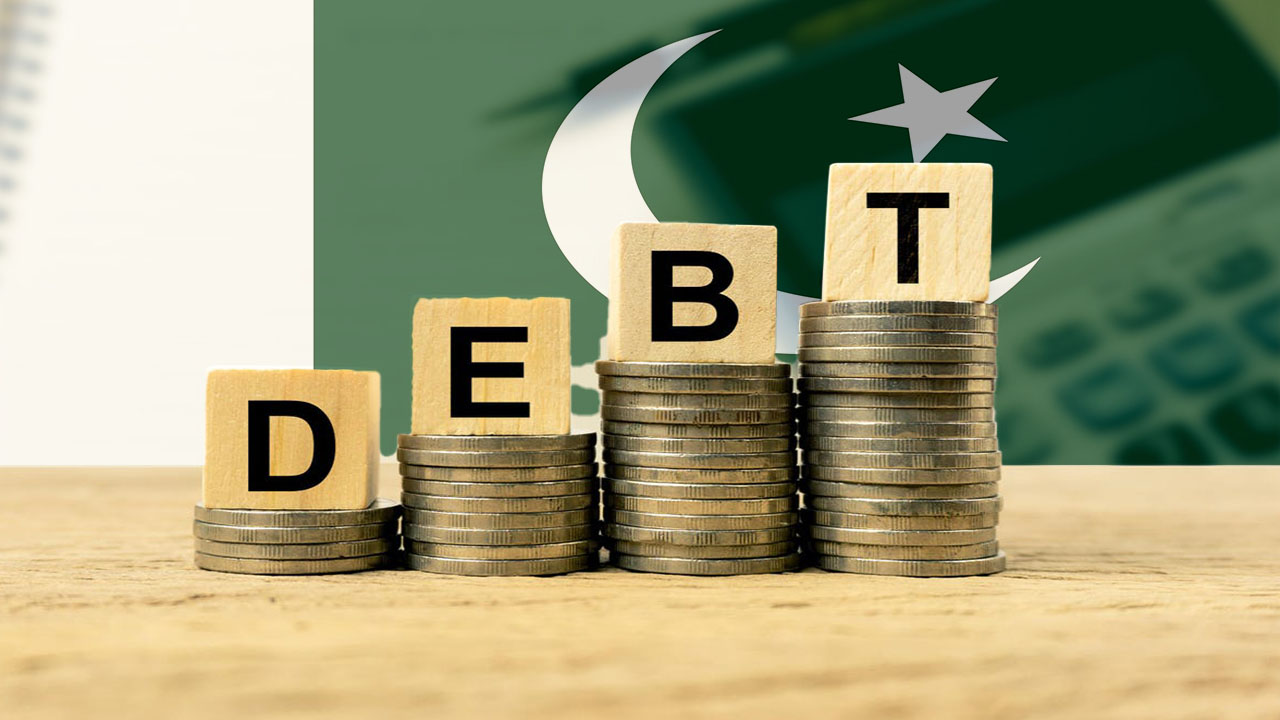- Web Desk
- 14 Minutes ago
Govt fails to meet cigarette tax targets since 2017
-
- Web Desk
- Jan 14, 2024

WEB DESK: In a recent study, the Sustainable Development Policy Institute (SDPI), a prominent Pakistani think tank, revealed that the government has consistently fallen short of tax collection targets from the cigarette industry over the past seven years.
The study pointed out that the Federal Board of Revenue (FBR) has consistently missed its targets since the introduction of the third tier in 2017.
The decision to implement this tier was made under the influence of multinational cigarette companies, resulting in a significant loss of potential revenue amounting to Rs567 billion over the last seven years, as per the SDPI report.
Malik Imran, the Country Head of the Campaign for Tobacco Free Kids (CTFK), alleged that the introduction of the third tier was a result of pressure from two major cigarette companies during the PML-N government.
Imran urged the government to launch an inquiry based on the SDPI report and take immediate action against the implicated companies.
The study not only emphasised the financial losses but also shed light on the dynamics of the cigarette industry and its formidable influence.
Analysts and researchers are now calling for urgent attention and comprehensive reforms to counter the sway of these powerful cigarette industry giants.
One significant revelation from the SDPI study is the absence of a clear strategy in Pakistan regarding the use of cigarette taxation and prices as a public health tool.
The report highlighted the successful implementation of high taxes on cigarette products in high- and middle-income countries to decrease consumption and boost government revenues, a strategy lacking in Pakistan.
According to the details of the study, multinational cigarette companies played a pivotal role in pushing authorities to introduce a three-tier excise duty structure in 2017, with a primary focus on revenue collection while neglecting the adverse effects on public health.
It was later revealed that the target of collecting more revenue through the third tier was not achieved, and the strategy was grossly misleading.
During this period, Pakistan experienced the lowest cigarette prices globally, resulting in increased consumption and placing a burden on the country’s fragile healthcare system.
The World Health Organisation (WHO) underscores the importance of safeguarding tobacco tax policies from the vested interests of cigarette companies for the effective development, implementation, and enforcement of public health initiatives—a principle that, according to the study, has not been adhered to in Pakistan.
Read next: What will be the petrol price in Pakistan for next two weeks?




